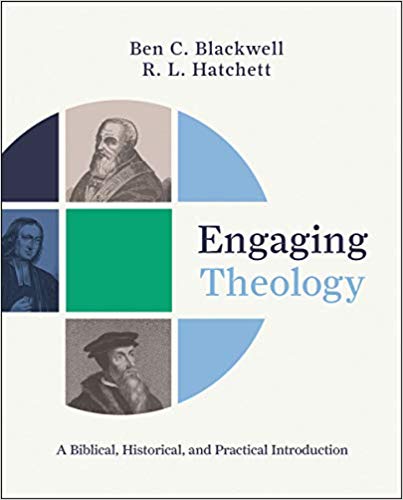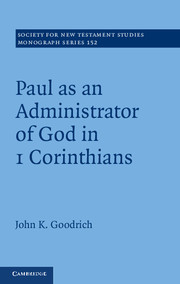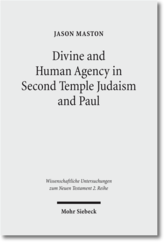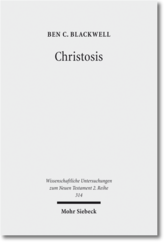I confess that I enjoy languages, and I’ve always had a had an interest in German because my dad spent time in Germany in the air force and always had a German grammar on a bookshelf while I was growing up. So, learning German wasn’t a task that I found oppressive. That said, I find that it is harder and harder to convince students that the effort is worth the payoff, and I see that more and more PhD theses are engaging German less and less. So is German worth it?
I found it to be so in the last week or so, and so I thought I’d pass along the experience. Chris Eberhart, Matthias Henze, and a couple of others hosted a conference on covenant here in Houston just before SBL. Through the various sponsors, it turned out that about 90% of the conference presenters were German. Of course, they conceded to the current winds by presenting in English, but some discussion naturally occurred in German. So without facility in German, I’d have been lost. It turns out too that instructions about presenting in English didn’t make it around to all (or were not heeded?), and one of the presentations was in German. Though my listening is not attuned as my reading, I was able to keep up because I still make an effort to keep it fresh. While this example isn’t a common occurrence, this facility allows me to participate at a level not otherwise accessible.
More to the substance of the issue, different types of conversations go on within different language groups. For instance, when I was working on glory in Romans, I found that there was a discussion that took place almost singularly among German-language scholarship about the relationship of glory and righteousness. Of course, you don’t know that that discussion is there unless you have access to it through language facility.
Perhaps in another decade or two English will so dominate that facility in modern research languages will go by the wayside among NT scholars. But until then I’m holding up the banner.
In case you wonder how I keep up my German: I regularly read German novels on a Kindle with the dictionary set to a German-English dictionary so I can click on a word on the fly and get the translation. I don’t look up everything since my focus is more the story, but it keeps me in it regularly.









